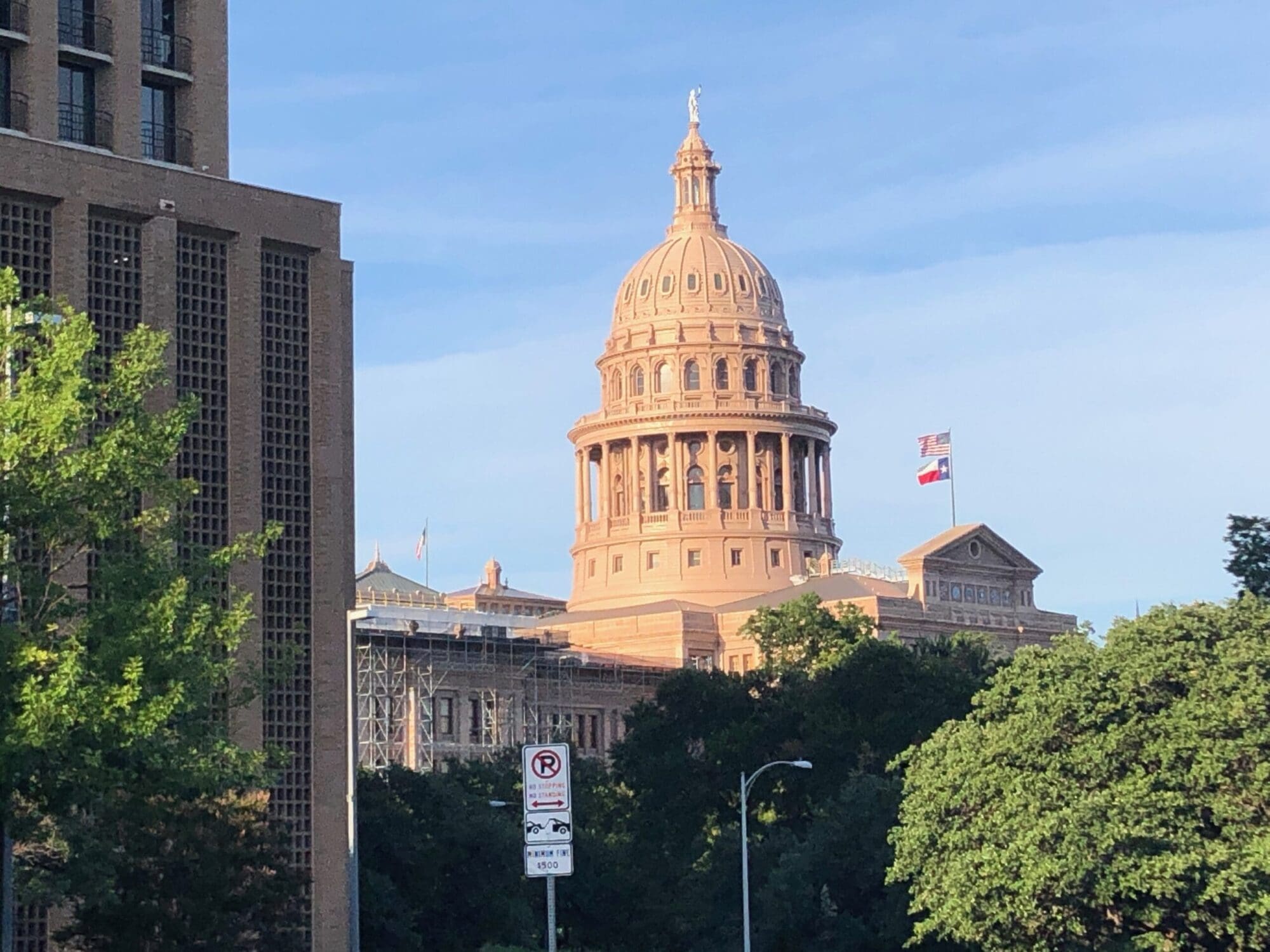Community members and emergency personnel gathered in the Permian Basin last week to learn more about one of the most well-hidden American epidemics today – sex trafficking.
Every year, the crime enslaves hundreds of thousands of victims in the U.S. alone, with Texas ranking number two, behind California, in the number of total cases.
While awareness about this epidemic has grown over the past decade, it’s still a “well-hidden” and often taboo subject to discuss – which is why nonprofits and elected officials are teaming up to fight sex trafficking in Texas through educating the public.
Midland-based Reflections Ministries, a nonprofit formed in 2016 to raise awareness of sex trafficking and provide healing programs for victims, hosted two four-hour workshops in September taught by Lindsey Speed of Dallas’s Traffick911. The workshops were held at churches in Midland and Odessa on Thursday and Friday, respectively, and drew audience members from the nonprofit sector to law enforcement to concerned residents.
Like Reflections Ministries, Traffick911 exists to combat sex trafficking by raising awareness and directly helping victims. With a specific focus on child trafficking in the North Texas region, the organization was founded in 2009 to “free youth from sex trafficking with a three-prong strategy of prevention, identification and empowerment.” They work closely with local, state, and federal law enforcement to identify and assist victims (which has led to arrests and convictions of perpetrators) and run an educational youth prevention program called Traps.
The purpose of the workshops was to equip community members, especially emergency response personnel, with the knowledge and tools to help prevent future cases and help victims in their communities. With Interstate 20’s location between Dallas, Midland, and El Paso, as well as it’s connection to the I-10 Corridor, which has the highest number of trafficked persons out of any route in the U.S., Midland and Odessa experience high numbers of sex crimes relative to their populations.
Speed discussed what sex trafficking is, its prevalence in Texas communities, relevant federal and state policies, what factors make a child “high risk” for trafficking and how to identify a current victim, who the “pimps” are and how they recruit, how to effectively respond to victims, cultural drivers, and what’s currently being done.
She noted that the average entry age for sex trafficking is between 12 and 16 years old and–due to factors like abuse, drugs, murder, sexually transmitted diseases, and little to no health care–the average life expectancy for a trafficked person is just seven years.
On the policy side, Speed indicated that the Lone Star State isn’t standing idly by. The Texas Legislature has passed several bills over the past decade that have helped crack down on sex trafficking and provide tools for victims.
During the 2009 legislative session, House Bill 4009 was passed to create a statewide prevention taskforce, mandate training for police, and address liability for traffickers. In 2015, HB 10 and HB 968 were passed to provide greater clarity in statutory language; improve identification and reporting; bolster prosecution; move towards more coordinated statewide victim response; and allow victims to go after assets of shareholders who directly benefitted from the trafficking.
Also passed in 2015 was Senate Bill 1708, which established a statewide program for child trafficking victims within the governor’s office. As a result, Traffick911 was selected in 2017 by Gov. Abbott to, “provide direct services such as crisis response, case management, and [a] volunteer advocate program.” They lead the effort in North Texas as part of a regional multi-disciplinary team in Dallas and Tarrant Counties, according to their website.
A new face to recently emerge in the public fight against trafficking is Texas Attorney General Ken Paxton.
In 2016, Paxton formed an initiative called the Human Trafficking and Transnational/Organized Crime Section (HTTOC), which combats trafficking by training and educating people about the crime and identifying and prosecuting traffickers.
Paxton recently filmed a PSA with well-known actor and Texas-native Matthew McConaughey. They address the number of trafficked persons in Texas today (300,000 with 79,000 of those being minors) and directed viewers to the attorney general’s website and the National Human Trafficking Hotline.
Between the efforts of nonprofits and public officials, it appears awareness of Texas’ well-hidden epidemic is continuing to grow. And with the next legislative session just a few months away, the potential for developing and passing legislation that helps in the fight against sex crimes could be on the horizon.
As McConaughey said, “Let’s put all the eyes of Texas on the fight against human trafficking.”




